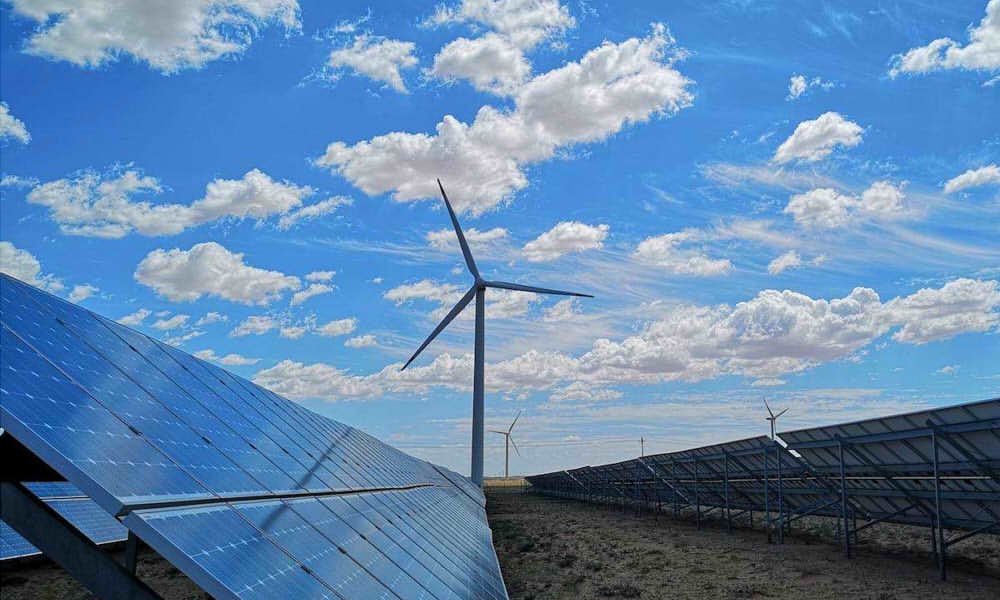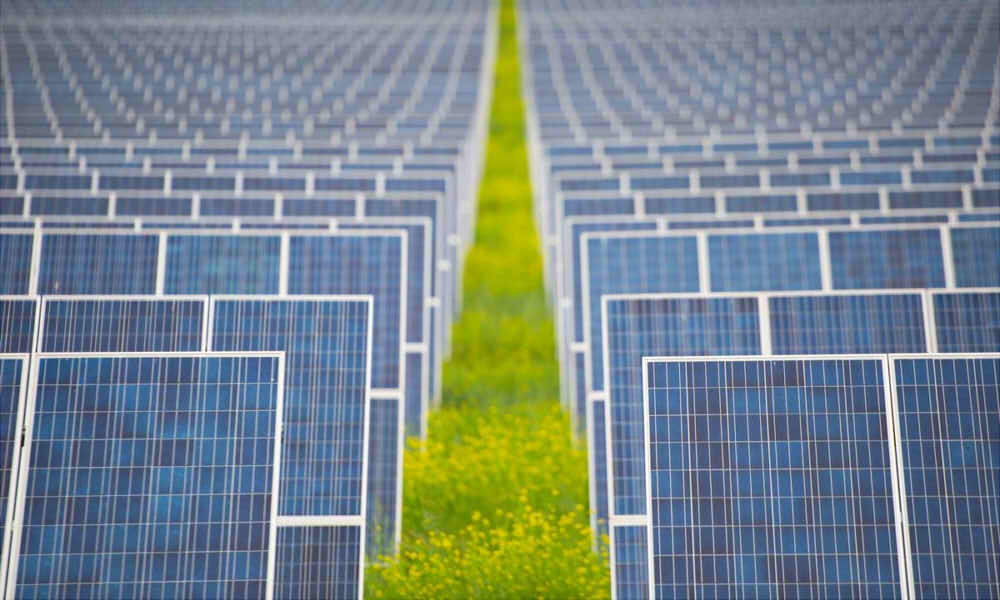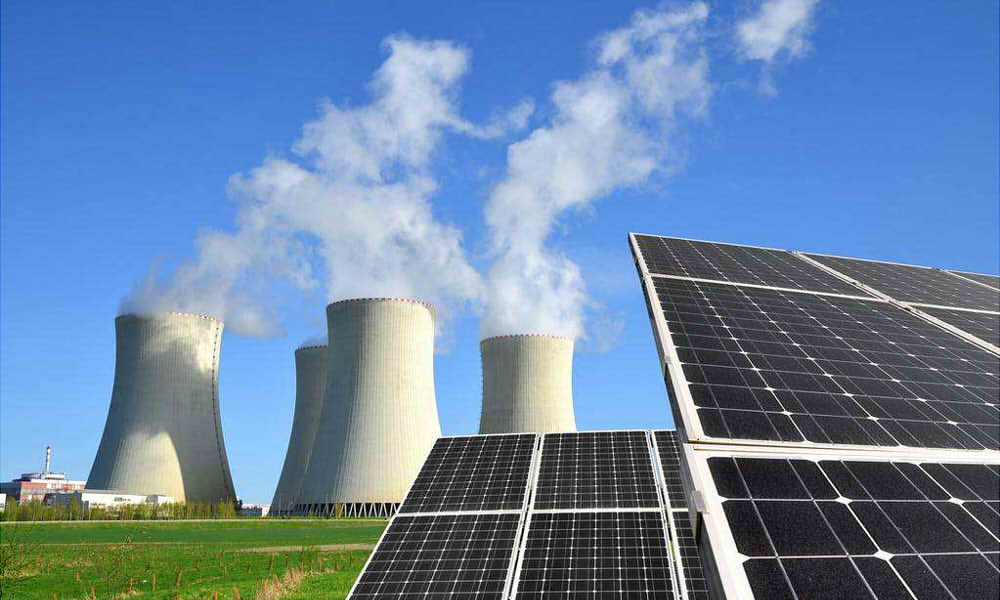The European Commission has recently approved a plan for 28.000 million euros earmarked to support the deployment of renewable energy in Germany. The objective is to increase the share of renewable energies in the electricity mix up to 80% in 2030.

German Renewable Energy Plan
The plan has led the German Government to introduce changes to the Renewable Energy Law (EEG 2023). The new policy will take effect in 2026. It will replace the current German aid regime for renewable energies.
According to the latest plans, Germany will call more tenders. It is about increasing the number of solar plants on roofs and on land, onshore wind and biomethane plants. It also allows innovative projects to gain additional capacity.
To make auctions more competitive, The plan will introduce a new mechanism to adjust the supply capacity of photovoltaic energy projects, wind and biomethane. Besides, regional measures will be adopted to support the deployment of expensive onshore wind energy, biomass and biomethane in southern Germany.

The EU regulator has also facilitated changes to the marine energy, endowed with 1.500 millions of euros. Germany wants to have at least 3.000 GW of installed offshore wind capacity for 2030 and at least 7.000 GW para 2040.
The plan will introduce a new bidding process that will allow developers to compete for exclusive economic zone sites (ZEE) of Germany that have not yet been the subject of a prior central study by the federal government. This measure aims to accelerate the installation of offshore power generation capacity.
Advantages and Problems of the Plan
The European Commission considers that these measures are appropriate and necessary to support renewable energy and grid stability. The German authorities consider that the positive effects of these measures on competition will outweigh the possible negative effects..
The Renewable Energy Law plan 2023 of Germany will contribute to continue decarbonizing electricity production. The European Commission has declared that it is necessary to increase the production of clean energy to meet Germany's goal of zero greenhouse gas emissions in 2045.
Besides, Accelerating renewable energy deployment could also partially offset the energy supply shortfall created by Russia's decision to stop supplying most of its gas to Europe this year..

Nevertheless, Some EU countries have criticized Berlin's response to the European energy crisis. There are concerns about Germany's plans to spend up to 200.000 million euros in subsidies to protect consumers and companies from rising energy costs. Many other countries cannot afford the cost and some believe it will distort competition within the EU..
Rising energy prices in Europe have reduced aluminum production, which consumes a lot of energy. The European aluminum industry has a capacity of about 4,5 millions of tons. Since 2021, around a million tons have been out of service, while others 500.000 tons are in danger. The capacity of aluminum, important raw material of cable conductors, It also affects the cable industry.
